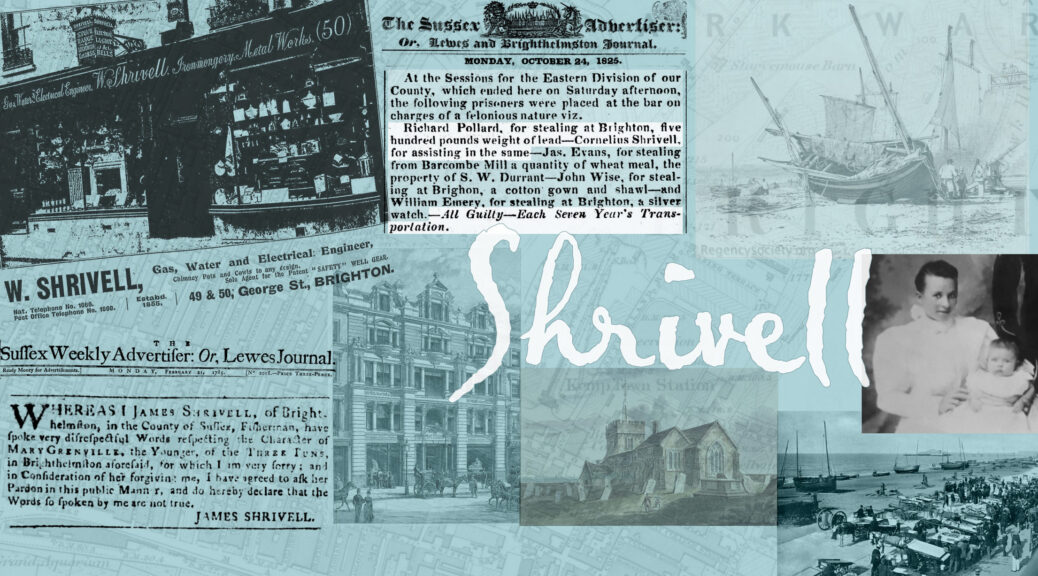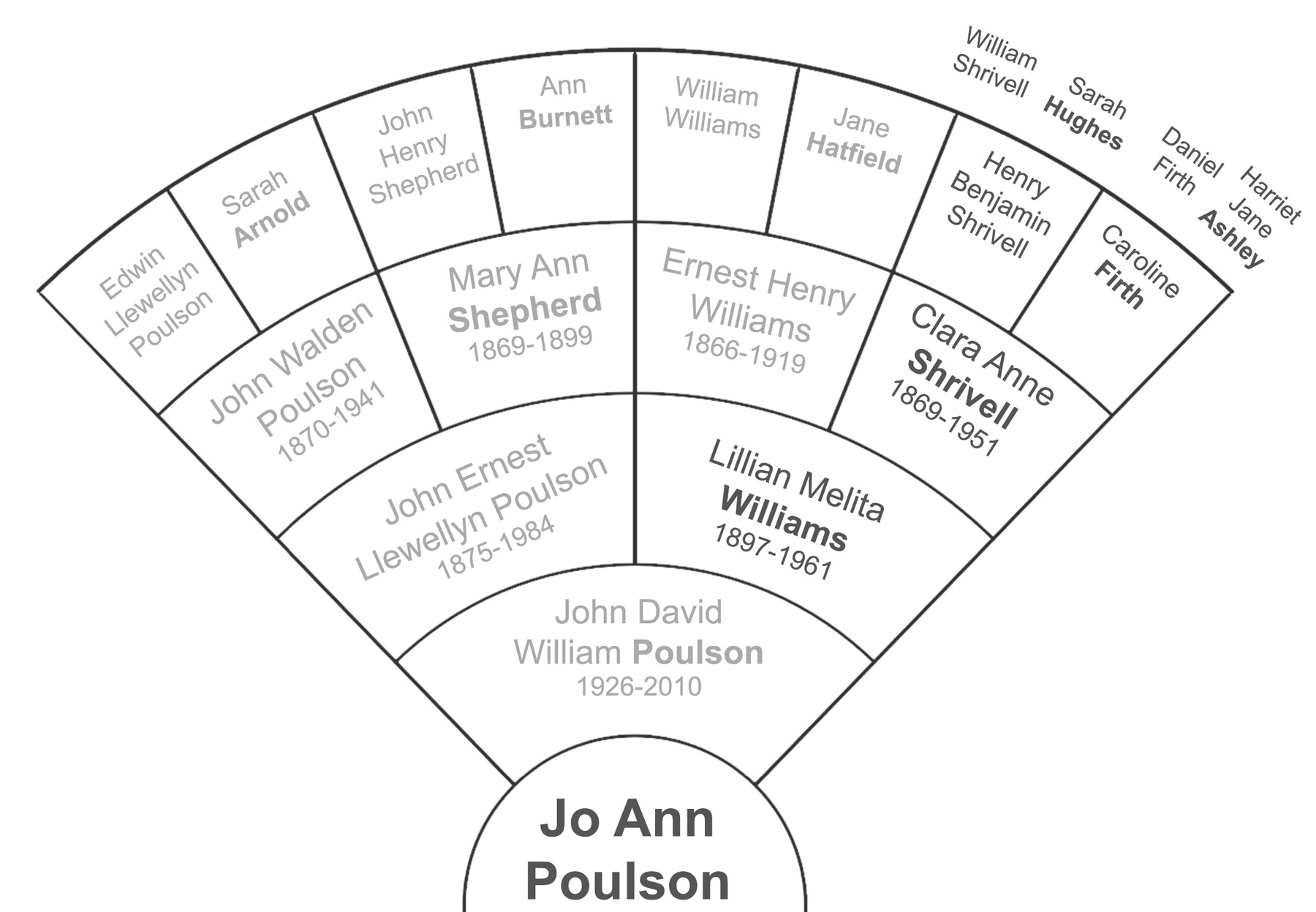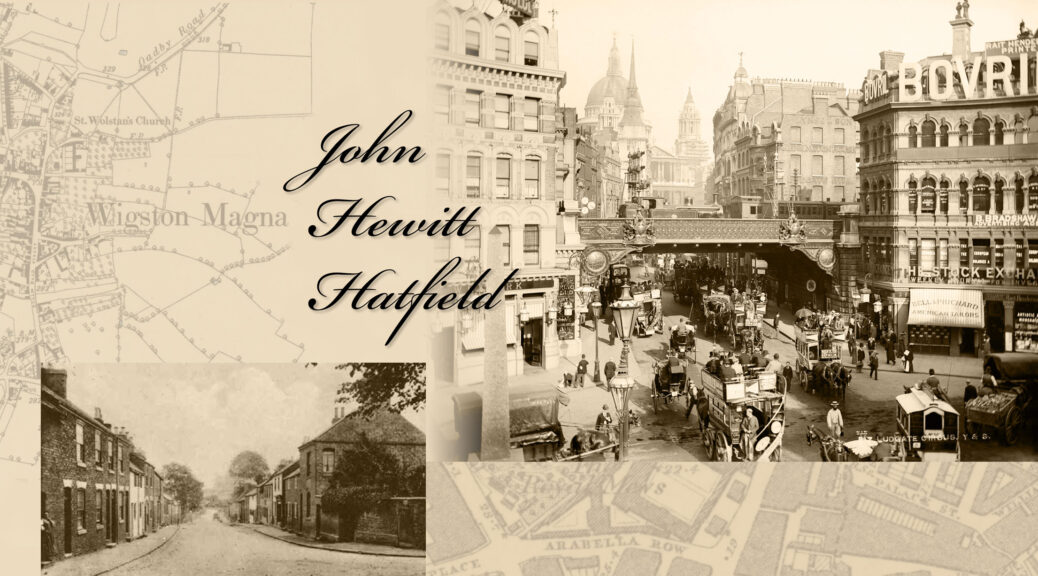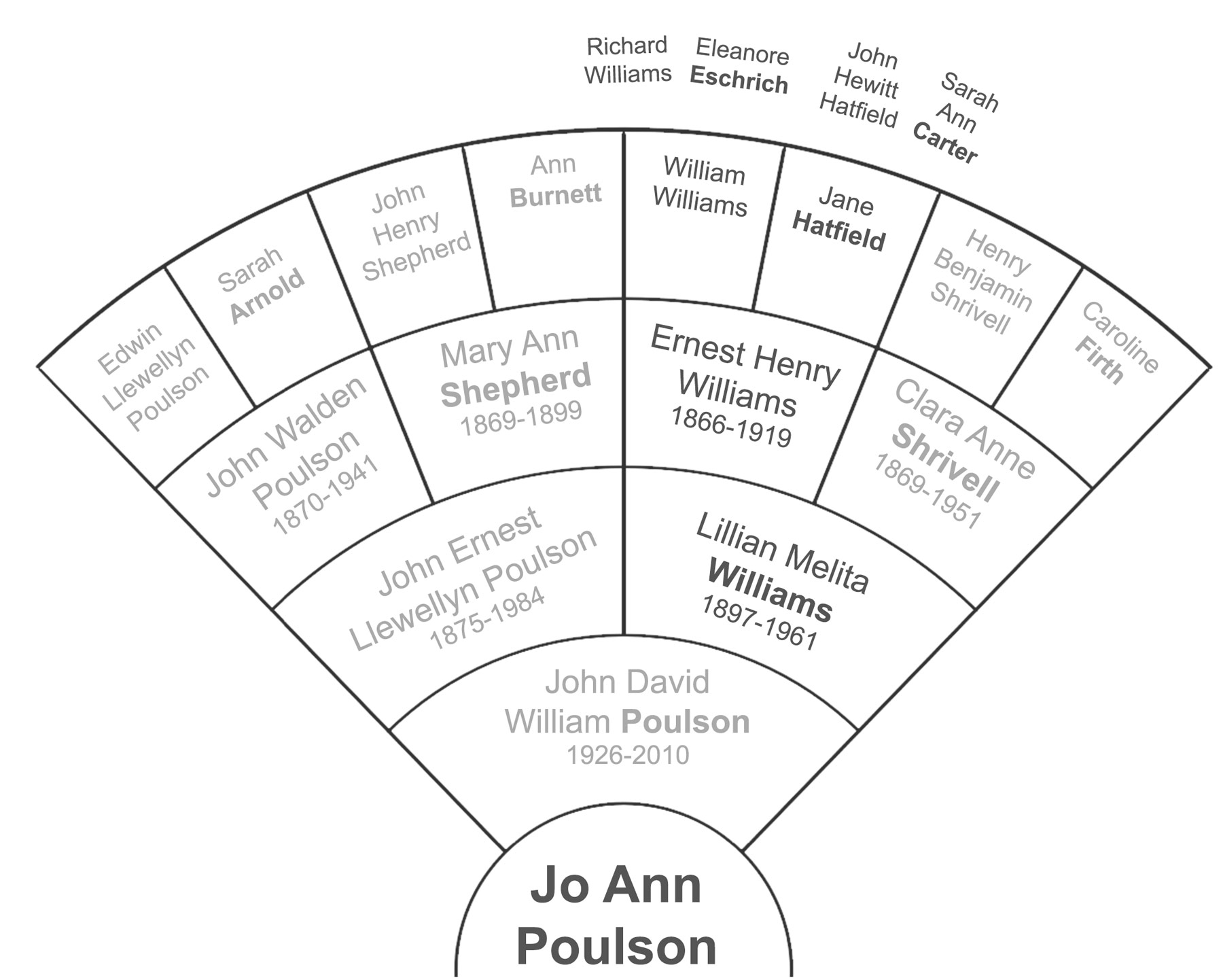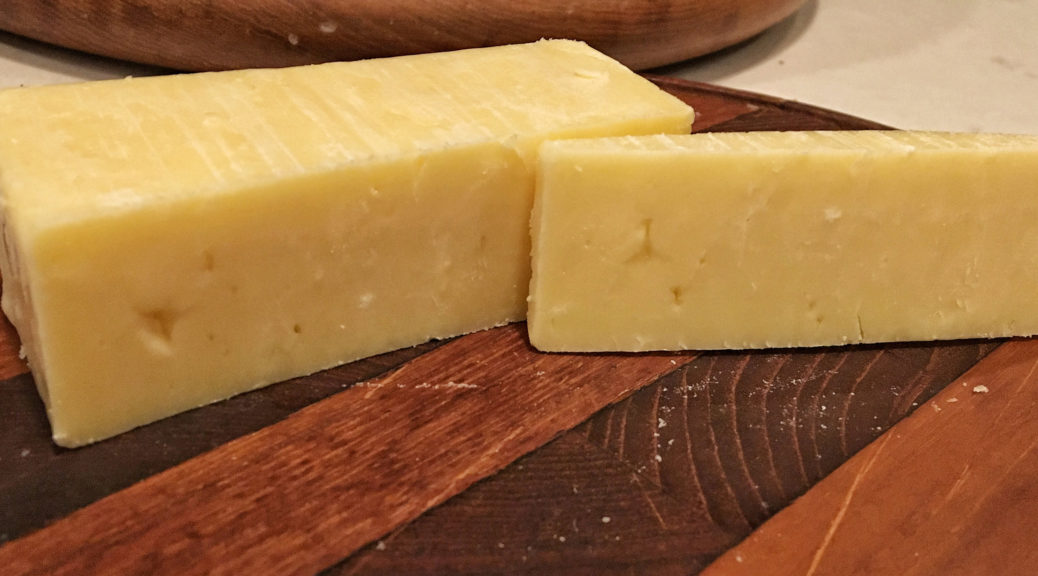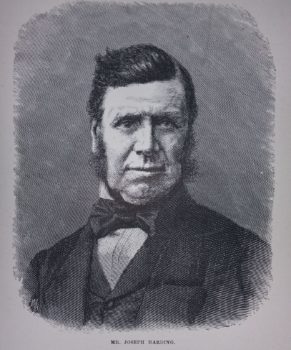I chuckled the first time I heard my paternal great-grandmother’s maiden name – Clara Shrivell. Not a polite thing to do, but she was long dead and my father wasn’t fond of her – described her as the old battle-axe – so my rudeness didn’t start any trouble. The trouble began as I tried to organize the family tree with so many large Shrivell families re-using first names, and living in the same area – Brighton. Before 1841 there was no census to help, and many parish records, most from St. Nicholas Church, are transcript only and missing helpful features like name & profession of father on marriage certificates so you know which Cornelius went with which William (or Thomas, or Robert, or…).
I’ve never met a Shrivell or lived in Brighton. The closest I come is maternal grandparents who retired to Worthing (next town over from Brighton) which we visited many times as children. Legions of retirees taking walks along “the front” – the paved pedestrian path running along the top of the beach – seem in no way connected to the 19th century’s hustle and bustle of bricklayers, ironworkers, watchmakers, servants, fishermen and families crowding the now-demolished cottages near Brighton’s beach. I am intrigued by the stories I’ve turned up about the variety of occupations and types of people. I even found the first example of a relative sentenced to transportation to Australia, along with a mixture of hardworking tradesmen, drunks, petty criminals, one city surveyor and assorted colorful characters.
Continue reading Troubles with Shrivells- Brighton ancestors
